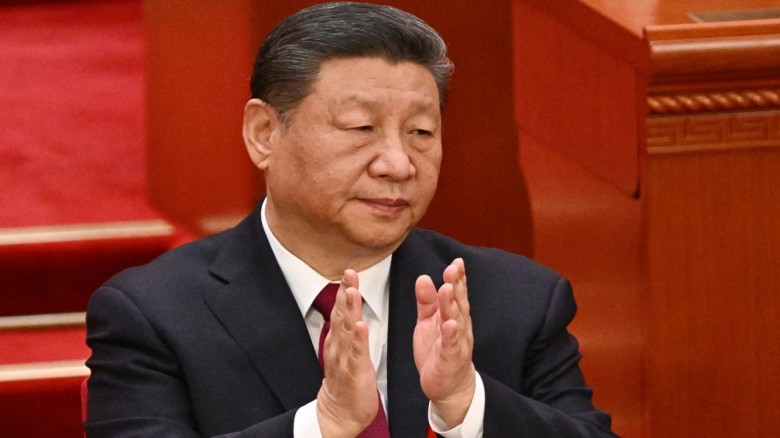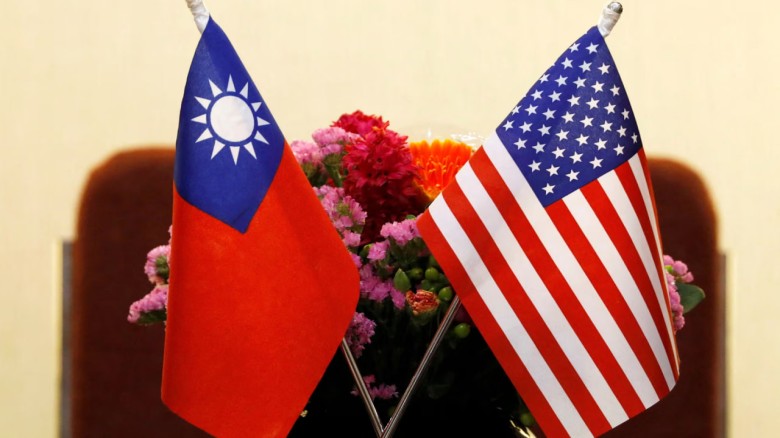Ex-Researcher Sentenced to Death in China for Espionage
Former Engineer Accused of Selling State Secrets to Foreign Spies
A former engineer at a Chinese research institute has been sentenced to death for allegedly selling classified information to foreign intelligence agencies, Chinese authorities announced.
According to an article published on Wednesday by China's Ministry of State Security, the researcher—identified only by his surname, Liu—devised a "carefully planned" scheme to leak sensitive information after leaving his job at the institute.
The ministry did not disclose Liu’s former employer or the identities of the foreign agencies involved.
China’s Crackdown on Espionage
The announcement comes as China intensifies warnings that foreign intelligence agencies are attempting to recruit its citizens as spies.
"Desperadoes who want to take shortcuts to heaven will all suffer consequences," the ministry warned in its statement.
Authorities allege that Liu, feeling mistreated at his former workplace, secretly stored a large amount of classified material before resigning. His initial intent, they claim, was to use the information for revenge and blackmail.
After joining an investment firm, Liu reportedly suffered financial losses and fell into debt. In desperation, he allegedly reached out to a foreign intelligence agency, selling them state secrets at a "very low price." However, after obtaining the material, the agency severed ties with him.
Determined to capitalize on the stolen information, Liu allegedly traveled to multiple countries over six months in an effort to sell more state secrets. The ministry accused him of causing "serious leaks" of national intelligence.
Harsh Punishment and Rising Espionage Concerns
After his arrest, Liu confessed to the allegations. In addition to the death sentence, he has been permanently stripped of his political rights.
Beijing has ramped up its anti-espionage measures in recent years, frequently issuing public warnings about foreign intelligence operations targeting Chinese citizens.
Last November, another Chinese national—an ex-employee of a state agency—was sentenced to death after allegedly falling under the control of foreign spies who obtained sensitive data from his USB drive.
In a separate case, Australian writer Yang Hengjun, known for his writings on human rights in China, was sentenced to death with a reprieve on espionage charges in February last year. His sentence was later upheld, despite calls from Australian officials for his release.
The issue of espionage remains a global concern, with multiple governments increasing scrutiny of foreign intelligence activities. Several countries have ramped up arrests of Chinese nationals suspected of spying, further straining diplomatic relations.
China’s firm stance on espionage reflects its broader efforts to safeguard national security amid growing international tensions.






































































Leave A Comment